Calabar, Obolo states creation feature at House of Reps public hearing
Joseph Atainyang
The movement for the creation of Calabar State and that of Obolo have dominated discussions as the House of Representatives committee on the review of the 1999 Constitution held public hearing in Uyo, the Akwa Ibom State.
The situation has put forward the Òrò Nation as a ‘beautiful bride’ being sought after for a union that should be of great benefits to the requesting communities.
The event chaired by the Minority Whip of the House of Representatives and the Chairman, South South (Uyo Centre) Committee on Constitution Review, Rt. Hon. Gwani Gideon Lucas, was attended by representatives of governments and governors, speakers of the state houses of assemblies, organized labour unions, NLC, TUC, NULGE and sociocultural groups across Rivers, Cross River and Akwa Ibom states.
Delegates supporting the creation of Calabar and Obolo states presented their memoranda at the event, stating why the National Assembly should recommend the creation of state to favour the Òròn people.
Both the delegates rooting for the creation of Calabar State and those standing for Obolo State cited unprecedented marginalization of Òrò Nation as a reason they should be carved out of the present day Akwa Ibom State to afford them the opportunity of development.
Addressing the event, the Secretary-General, Movement for the Creation of Calabar State, Chief Edwin Usang said the new Calabar State is proposed for the seven local government areas (LGAs) of Cross River South Senatorial District in Cross River State and the five LGAs of Oron Nation in Akwa Ibom South Senatorial District of Akwa Ibom State.
Chief Usang stood in for the Co-Chairman of the Movement, Prof. Okon Odokwo Bassey, gave the historical background of their state-seeking movements.
Usang said the position for the creation of Atlantic & New Cross River State was submitted at the Chief Arthur Mbanefo’s 1996 Panel, and that of 2009 where stakeholders sought the creation of the Mangrove State.
He recalled that in 2012, they submitted memorandum for the creation of Old Calabar State, just as they did in 2014 when calling on the Constitutional Conference for the creation of Old Calabar State.
Usang insisted that one thing standing out was that the requesting communities for the Calabar State have remained the same from time and still share geographical contiguity, having lived and interacted together for a long time.
He pointed out that unlike the situation in present-day Akwa Ibom State where majority ethnic groups have marginalized the Oron people in terms of leadership and infrastructural development, the Calabar State won’t have the majority-minority syndrome, because none of the communities is numerically stronger than the other.
Usang explained that the proposed Calabar State has the potentials for economic viability, having been blessed with enormous natural resources and is the Nigerian corridor to the Golf of Guinea.
He listed the 12 LGAs to include: Akamkpa, Akpabuyo, Bakassi, Biase, Calabar Municipality, Calabar South and Odukpani from Cross River State. Others, he said were Oron, Mbo, Udung Uko, Okobo and Urue Offong Oruko LGAs from Akwa Ibom State.
Speaking on the creation of Obolo State, Prof. Bartimeaus Ebirien-Agana pointed out that ‘negative’ developments in Akwa Ibom and Rivers states have sustained the agitation for the creation of Obolo State.
He said the eight local government areas of the proposed Obolo State have above 1.4 million people with available resources to cater for its existence.
He stressed that the level of marginalization that Oro and the Obolo people were facing in Akwa Ibom and Rivers states was such that propelled stakeholders to rise and seek emancipation.
“There are about 18 industries being opened by this present administration in Akwa Ibom State. None of them is in Obolo land. Governor Nyesom Wike is not here because he is doing ground-breaking and commissioning projects. None of his projects is found in Andoni LGA of Rivers State.
“Nigeria produces about 2.5 million barrels of oil on a daily basis. Between Rivers and Akwa Ibom states, Obolo land produces over 950,000 barrels per day. Yet, we are being grossly marginalized”, Bartimeaus Ebirien-Agana said.
He listed the local government areas to include Oron, Udung Uko, Mbo, Okobo, Urue Offong Oruko, Ibeno, Eastern Obolo of Akwa Ibom State and Andoni LGA of Rivers State.
The speaker appealed to the panel to recommend the creation of Obolo State with its capital in Oron, so as to afford the people the privilege of self-development.
Apart from Chief Edwin Usang who presented the memorandum on behalf of the Co-Chairman, Prof. Okon Bassey, the Calabar State Movement had 18 delegates from Cross River and Akwa Ibom State, including Dr Edet Attih, Chief Ita Onukak, Mr Ita Ntekim, among others.
Meanwhile, those who stood for the Obolo State had a total of 32 delegates including Sir (Amb.) Etim Uye KJW, Prof. Bartimeaus Ebirien-Agana, Dr. Romsan Dressman, Sir Marcus Enene, Emmanuel Adasingwung, Hon. Loveday D. Ekoyork, Barr. Abang Mkpandiok, Engr. Koko Bassey, Sir (Surv) Ndekedehe Uno KJW, among others.
In another development, three distinct bodies also presented their memoranda, advancing the agitation for a focused development of Òrò Nation, and calling for a united, peaceful, and prosperous Nigeria.
They include the Oron Union, the Udung Uko Union and the Oro Think Tank.
While Oron Union’s President-General, His Lordship Bishop Etim Ante was represented by the immediate past President of Lagos Branch, Barr Abang Mkpandiok, the President-General of Udung Uko Union, Dr. Mercy Effiong was represented by Captain Effiong Eyo, just as Engr Koko Bassey stood in for the Chairman of Oro Think Tank, Hon. Chris Abasi Eyo.
Their presentations bordered on creation of state, additional federal and state constituencies, and local government areas for Oro Nation. They also emphasized on the need to identify the Oro LGAs with taxonomies, for a more unified identity.
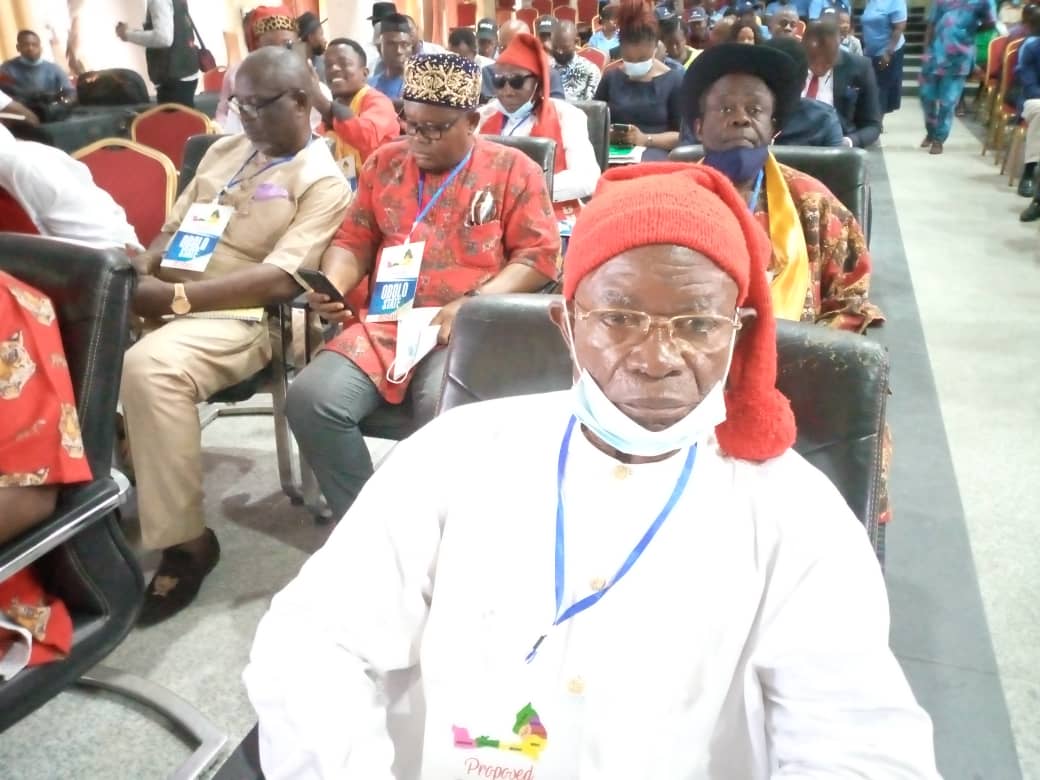
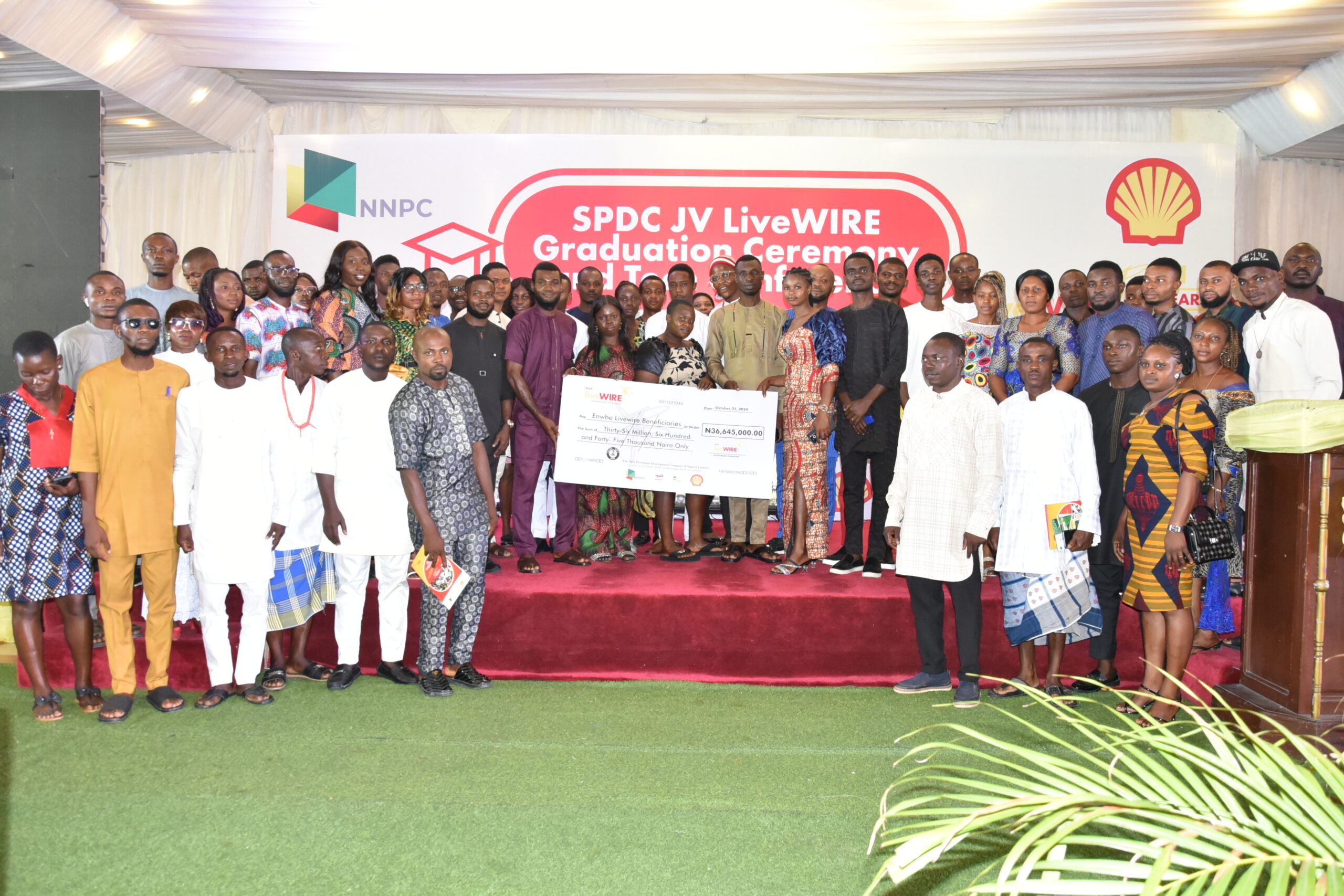
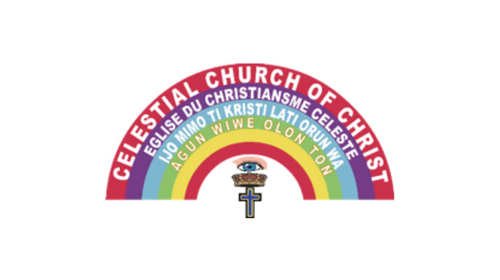

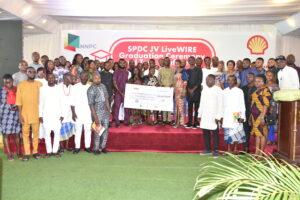
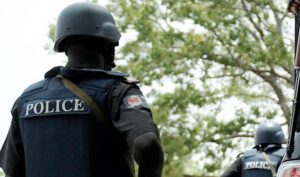
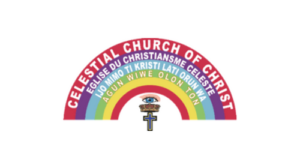
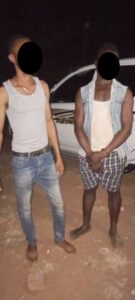
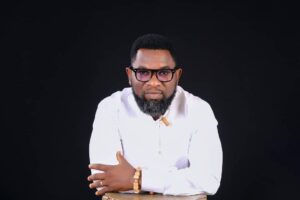
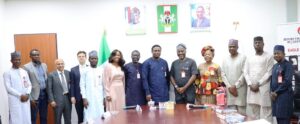
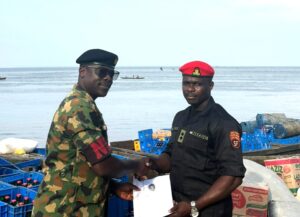
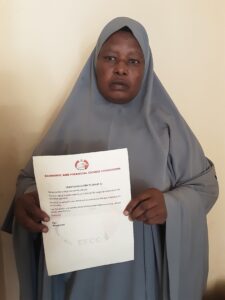
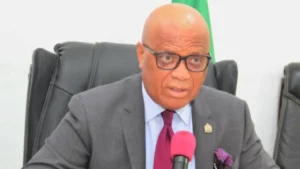
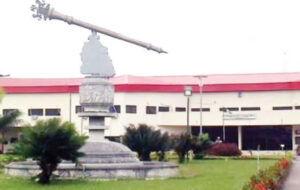
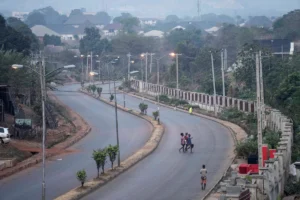
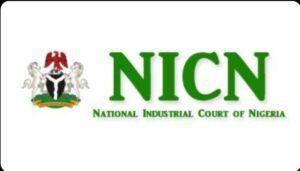
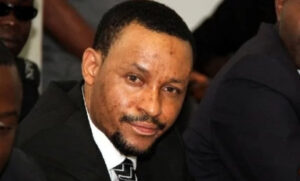
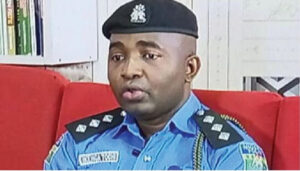
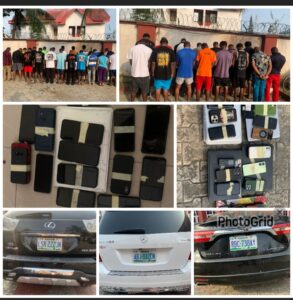
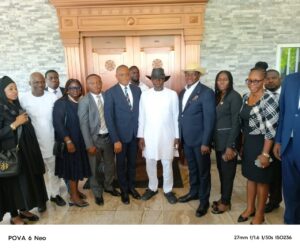

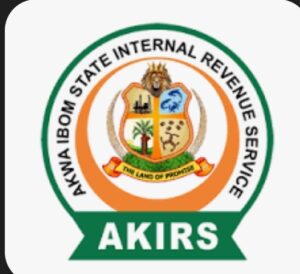
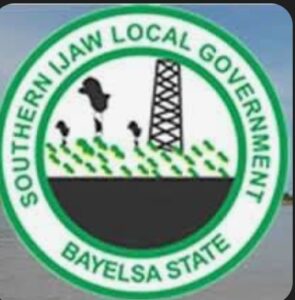
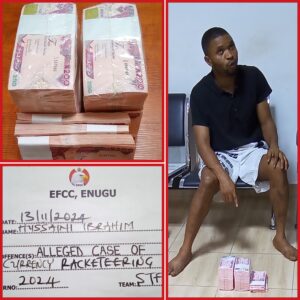
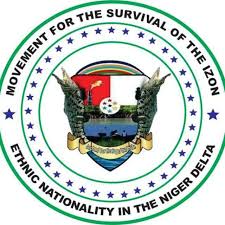
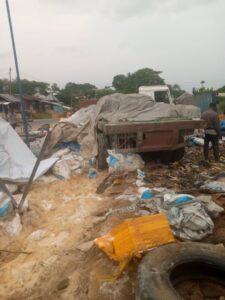
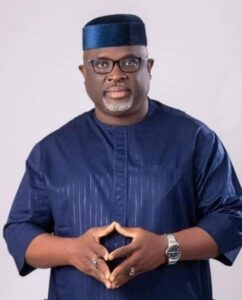
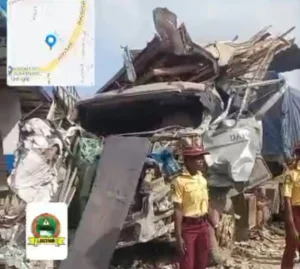
Post Comment